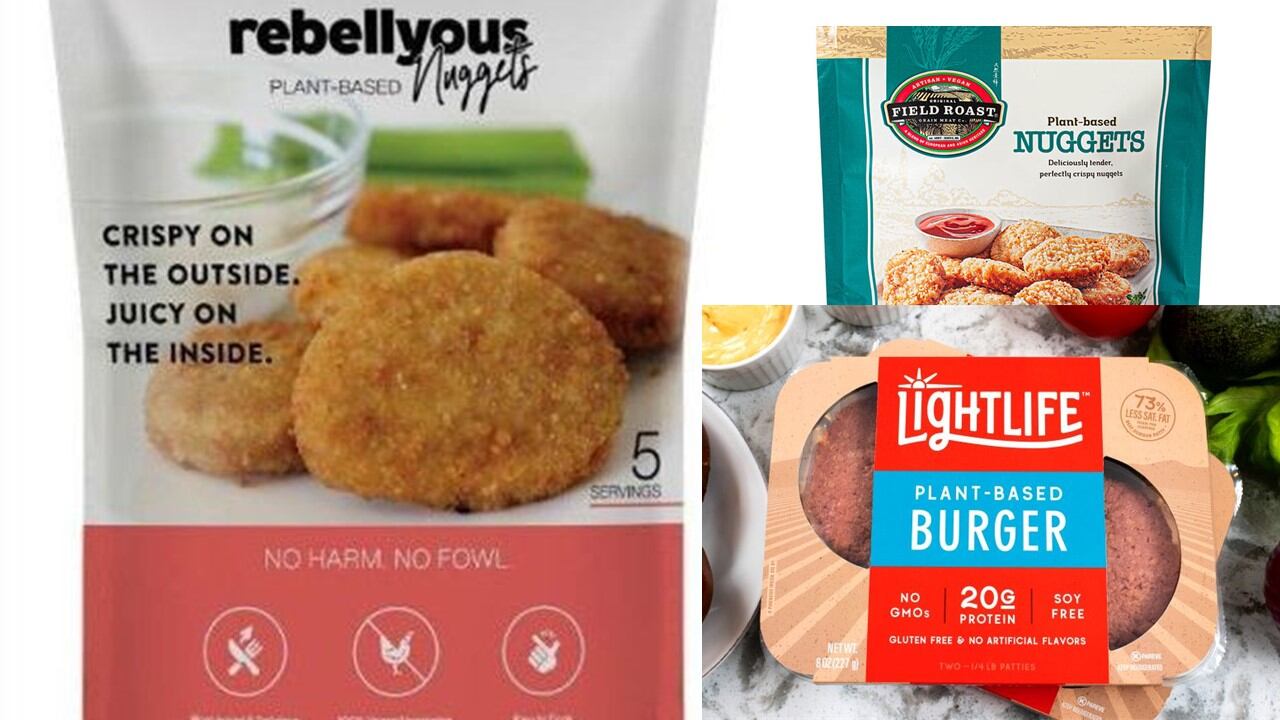“In our plant protein business, there’s no pulling punches here. We had a very difficult quarter with performance that is unacceptable,” CEO Michael McCain told analysts Oct. 27 during the company’s third quarter earnings call.
Service-level related supply chain challenges out of the company’s Turners Falls facility, a packaging disruption related to COVID-19, and “other complexities that we’ve experienced have been related predominately to labor efficiency” due to the coronavirus hindered the company’s ability to capitalize on increased consumer demand for plant protein, explained the company’s chief operating officer Curtis Frank.
As a result, the plant protein group’s gross profit fell 66.1% to $3.4 million in the third quarter compared to the same time last year, and the gross margin was squeezed to 6.6%, down 1,470 basis points in the quarter compared to last year.
The only bright spot in the quarter for the division was a 9.3% sales increase to $51.4 million, fueled by expanded distribution of new products and continued volume increases in the existing portfolio. This is diminished somewhat though by a feeling of what could have been had the division not experienced the notable setbacks in production and packaging and had added labor and safety costs associated with COVID-19 not been an issue.
Despite the acknowledged setbacks for the plant-based division, Maple Leaf Foods’ leaders remain bullish for the business, noting continued heightened consumer demand for the products as well as being “laser-focused” on resolving issues holding back the business.
“Despite these disappointments in our operational performance in the quarter, we are seeing very strong end demand for our products with robust POS growth that is consistent with our long-term sales target,” McCain said. “The market continues to be a high-growth phase and consumers are refining their taste in plant protein.”
To this end, he added, Maple Leaf Foods is investing heavily in renovating and promoting its plant-based brands and expanding production capacity so that it is “extremely well-positioned to remain a strong long-term player in this market,” he said.
‘We are setting ourselves up to win tomorrow’
While “clearly unhappy with our performance with the quarter,” Maple Leaf Foods “took immediate and decisive action” to address the challenges facing its plant-based business and is investing heavily in consumer research and repositioning Lightlife and Field Roast to better meet shoppers’ evolving demands, Curtis said.
“Equally important to our position today, is how we are setting ourselves up to win tomorrow,” he said. “As the plant protein category evolves, so do consumers’ motivations for purchasing our products. This summer we took a page from our highly successful brand renovation playbook into plant protein, while paying careful attention to the unique characteristics of this category.”
He explained that “after completing the most extensive consumer research in the history of the US plant protein category,” Maple Leaf renovated and relaunched its Lightlife brand with a focus on “simple and recognizable ingredients” to appeal to “underserved” consumers who want natural, healthy alternatives.
As such, he touted Lightlife’s Clean Break campaign, which includes national TV, social media, digital advertising and in-store support. While the campaign is undoubtedly significant in scope and reach, it also stirred controversy that ended up shining significant light on its competitors’ attributes and prompted a backlash that called into question whether its products’ ingredients actually lived up to the campaign’s claims.
The campaign also contributed to high selling, general and administrative expenses in plant protein, which reached $46.5 million or 90.5% of sales. While Curtis noted that this was in line with the company’s plan to invest about $150 million in advertising, promotions and marketing, organizational capacity and innovation for plant protein, at least one analyst on the call questioned whether it was a wise and timely investment given the company’s inability to meet consumer demand fully.
McCain acknowledged pulling back on spending in this area may have improved the quarter’s numbers, but he said “it would have been completely inappropriate in terms of brand development in the quarter” and long term.
With the Lightlife campaign underway, the company soon will take steps also to renovate its Field Roast brand, Curtis said.
“We are starting with rolling out refreshed packaging design, which will be followed by a new breakthrough advertising campaign – one that is focused on bold and unique flavors,” he said.
Boosting capacity
Finally, the company also is increasing its production capacity to fully capitalize on growing consumer demand for plant-based proteins.
“We’ve been purposeful in executing our multi-tiered strategy focused on capital efficiency. We continue to find ways to leverage the capacity of our existing plant protein manufacturing assets, while successfully utilizing footprint in the rest of our network,” said Curtis, adding, “we now expect these efforts to meet the capacity needs of the business beyond 2022 providing greater flexibility to extend the development horizon of the Shelbyville facility.”
Ultimately, both Curtis and McCain are optimistic about the future of the plant based business despite the current challenging environment and they reiterated Maple Leaf’s commitment to and confidence in its longer-term targets.




